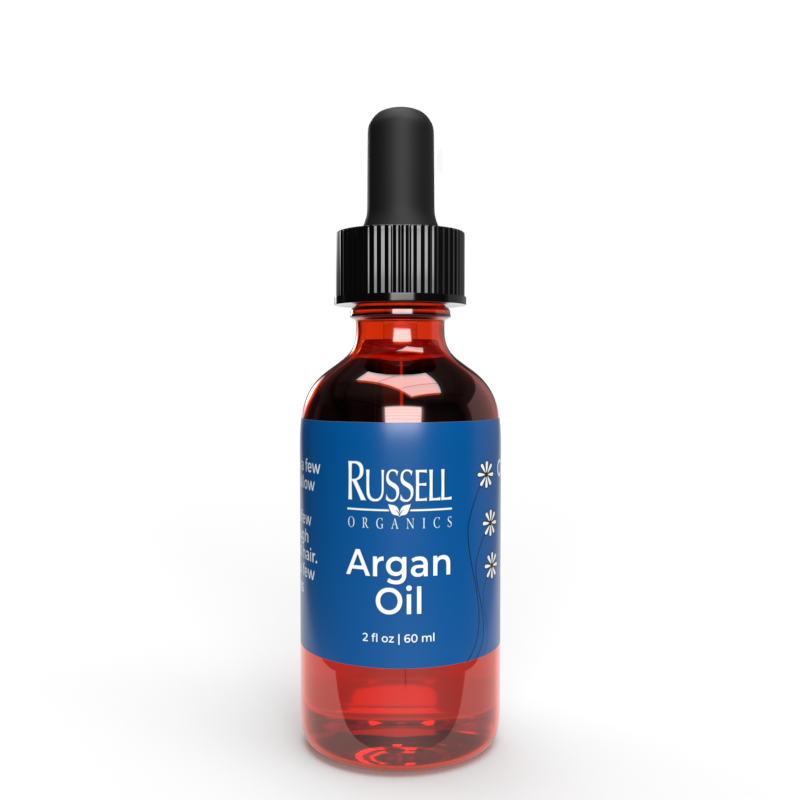
Argan oil has gained immense popularity in the skincare industry due to its numerous benefits. Extracted from the kernels of the argan tree (Argania spinosa), which is native to Morocco, this precious oil is packed with essential nutrients and offers a natural solution for various skin concerns. In this article, we will explore the numerous skin benefits of applying argan oil topically.
Rich in Vitamins
One of the primary reasons argan oil is highly beneficial for the skin is its high vitamin content. Argan oil is particularly rich in vitamins E and A. These vitamins are vital in maintaining skin health.
Vitamin E
Tocopherol is an essential nutrient for healthy skin. It serves as a strong antioxidant, protecting the skin from oxidative damage. This vitamin also helps maintain the skin's moisture barrier, preventing excessive dryness and keeping the skin hydrated.
Vitamin A
Vitamin A is a renowned ingredient in many skincare products for its capability to promote skin cell regeneration. This nutrient helps reduce the appearance of fine lines and wrinkles. It also assists the production of collagen, which is essential for keeping the skin's elasticity and firmness.
Nourishing Fatty Acids
Argan oil is also rich in vital fatty acids, such as omega-3, omega-6, and omega-9. These nutrients are crucial for maintaining the skin's natural barrier and retaining moisture.
Omega-3 Fatty Acids
Linolenic acid are known for their anti-inflammatory effects. They help soothe irritated and inflamed areas. For those with sensitive or acne-prone complexions, argan oil offers significant benefits.
Omega-6 Fatty Acids
Linoleic acid play a key role in supporting the skin's barrier function. They help prevent moisture loss and maintain skin hydration. Additionally, linoleic acid is known to help reduce acne by regulating oil production.
Oleic Acid
Omega-9 fatty acids provide nourishment and moisture to the skin. These acids are also known to improve the absorption of other beneficial ingredients in skincare products.
Anti-Aging Properties
Argan oil is renowned for its anti-aging properties. Regular use of this oil can help reduce the appearance of fine lines, wrinkles, and age spots.
Collagen Booster
As mentioned earlier, argan oil contains vitamin A, which stimulates collagen production. Higher collagen levels result in firmer, more elastic skin. This reduces the appearance of fine lines and wrinkles, giving the skin a more youthful appearance.
Hyperpigmentation Reduction
Vitamin A found in argan oil helps fade dark spots and hyperpigmentation. Regular application of the oil can result in a more even skin tone and brighter overall complexion.
Improves Skin Texture
This oil also aids in enhancing skin texture. It promotes skin cell turnover, resulting in smoother and more refined skin. Moreover, the hydrating properties of the oil help the skin stay soft and supple.
Moisturizing and Hydrating
One of the key benefits of argan oil is its capacity to moisturize and hydrate the skin. Its lightweight texture enables easy absorption without leaving a greasy residue.
Locks in Moisture
Fatty acids present in argan oil help lock in moisture, preventing dryness and keeping the skin well-hydrated. This feature makes argan oil an excellent choice for individuals with dry or dehydrated skin.
Barrier Reinforcement
Strengthening the skin's natural protective barrier, argan oil aids in preventing moisture depletion and protecting against environmental damage. This is particularly beneficial for those with sensitive skin.
Healing Properties
Another notable benefit of argan oil is its healing properties. Its high content of vitamins and fatty acids helps repair damaged skin and promotes healing.
Scar Reduction
The vitamin A and fatty acids in argan oil help argan oil for body reduce the appearance of scars, including acne scars and surgical scars. Regular application of the oil can result in smoother and less noticeable scars.
Soothes Inflammation
Argan oil's anti-inflammatory properties help soothe irritated and inflamed areas. This renders it an ideal option for individuals with conditions such as eczema, psoriasis, and rosacea.